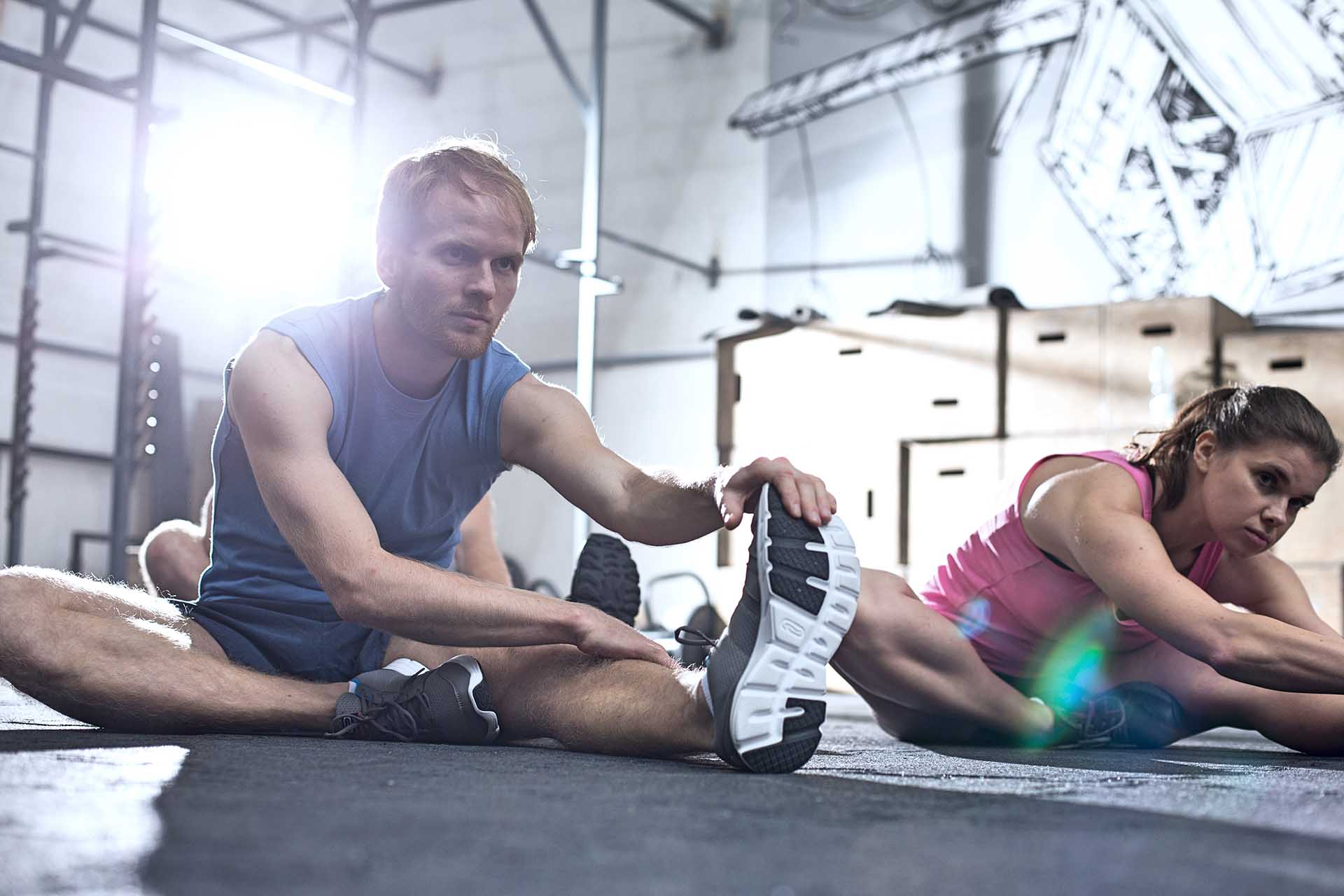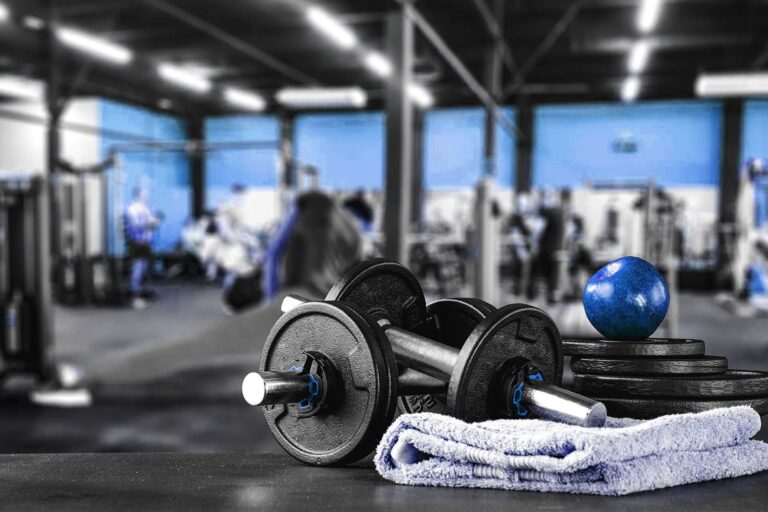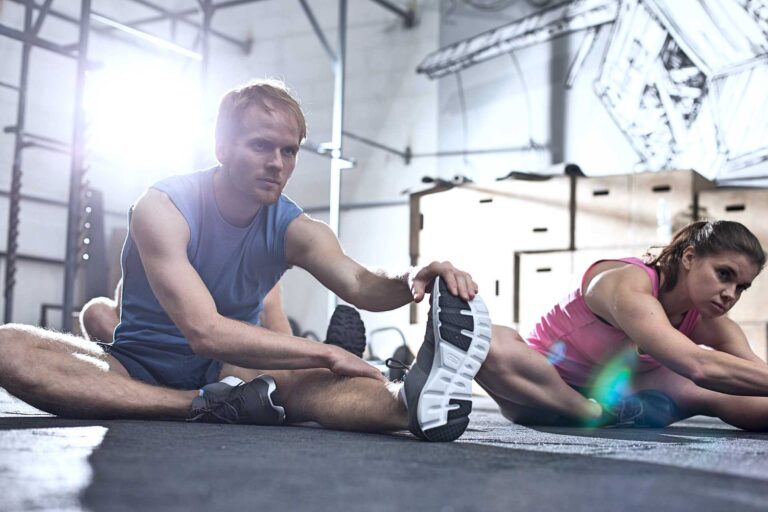Weight training is a great way to increase muscle mass, improve strength and overall fitness levels. However, to achieve the desired results, you need not only the right exercise programme, but also a balanced and targeted diet. In this article, we briefly discuss the role of macro- and micronutrients, the importance of proper nutrition before and after exercise, and provide dietary recommendations for weight training practitioners.
The role of macronutrients
Macronutrients – proteins, carbohydrates and fats – provide the body with the energy and essential nutrients that are essential for muscle growth and recovery.
1. Proteins
Proteins are the building blocks of muscle and are essential for muscle development. Adequate protein intake is essential because during exercise, micro-injuries occur in the muscles, which the body repairs with amino acids derived from proteins.
- Recommended daily amount: 1.6-2.2 g protein/kg body weight
- Good sources: chicken, fish, eggs, dairy products, pulses, tofu, protein powders
- Important: A steady intake of protein ensures muscle growth and regeneration.
2. Carbohydrates
Carbohydrates provide the energy to train and maintain muscle mass. Glycogen (carbohydrate stored in the body) plays a key role during intense exercise.
- Recommended daily amount: 4-6 g carbohydrate/kg body weight
- Good sources: whole grains, brown rice, oats, sweet potatoes, fruit
- Note: Carbohydrates should not be overdone, but the right amount will help you train and recover effectively.
3. Fats
Adequate fat intake is essential to maintain hormonal balance, in particular to optimise testosterone levels, which play an important role in muscle growth, but is also an essential building block for female hormones, which are essential for maintaining reproductive female health.
- Recommended daily amount: 0.8-1.2 g fat/kg body weight
- Good sources: olive oil, avocados, nuts, fish, seeds
- Important: Healthy fats help protect joints and boost metabolism.
The role of micronutrients
Micronutrients, vitamins and minerals, are also vital for muscle growth, metabolism and overall health. Some of the important micronutrients are not exhaustive:
- Vitamin D: contributes to muscle function and maintenance of bone density, immune system function.
- B vitamins: promote energy metabolism and protein synthesis.
- Zinc: supports testosterone production and the immune system.
- Magnesium: contributes to muscle function and regeneration.
- Iron: plays a role in oxygen transport and maintaining stamina.
Nutrition before and after training
Pre-workout nutrition
- Goal: To increase energy levels and get muscles in optimal condition.
- Timing: 1-2 hours before exercise is recommended.
- What to eat?
- Complex carbohydrates: oatmeal, brown rice, wholemeal bread.
- Proteins: chicken, eggs, Greek yoghurt.
- Healthy fats: nuts, avocados.
- Fluid intake: at least 500 ml of water.
Post-workout nutrition
- Goal: Muscle regeneration and replenishment of glycogen stores.
- Timing: within 30-60 minutes after the workout.
- What to eat?
- Fast absorbing proteins: whey protein, chicken breast, fish.
- Fast absorbing carbohydrates: bananas, rice, potatoes.
- Healthy fats: small amounts, such as nuts or olive oil.
- Fluid intake: at least 500 ml of water or electrolyte-enriched drinks.
Summary
Proper nutrition before and after training is essential for progress. A balanced diet and conscious training helps muscle growth and recovery, making weight training more efficient and effective in the long term.
Feel free to ask our expert personal trainers in our gym about nutrition, we welcome all our guests in Soul Gym in Pécs!




